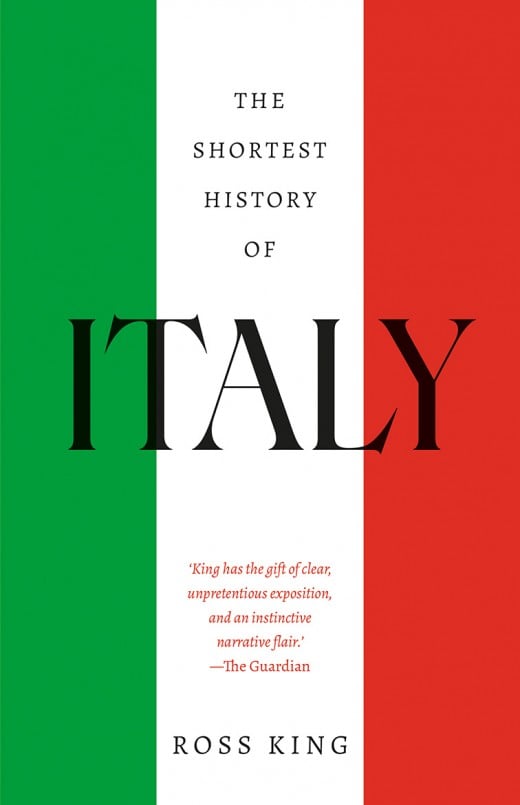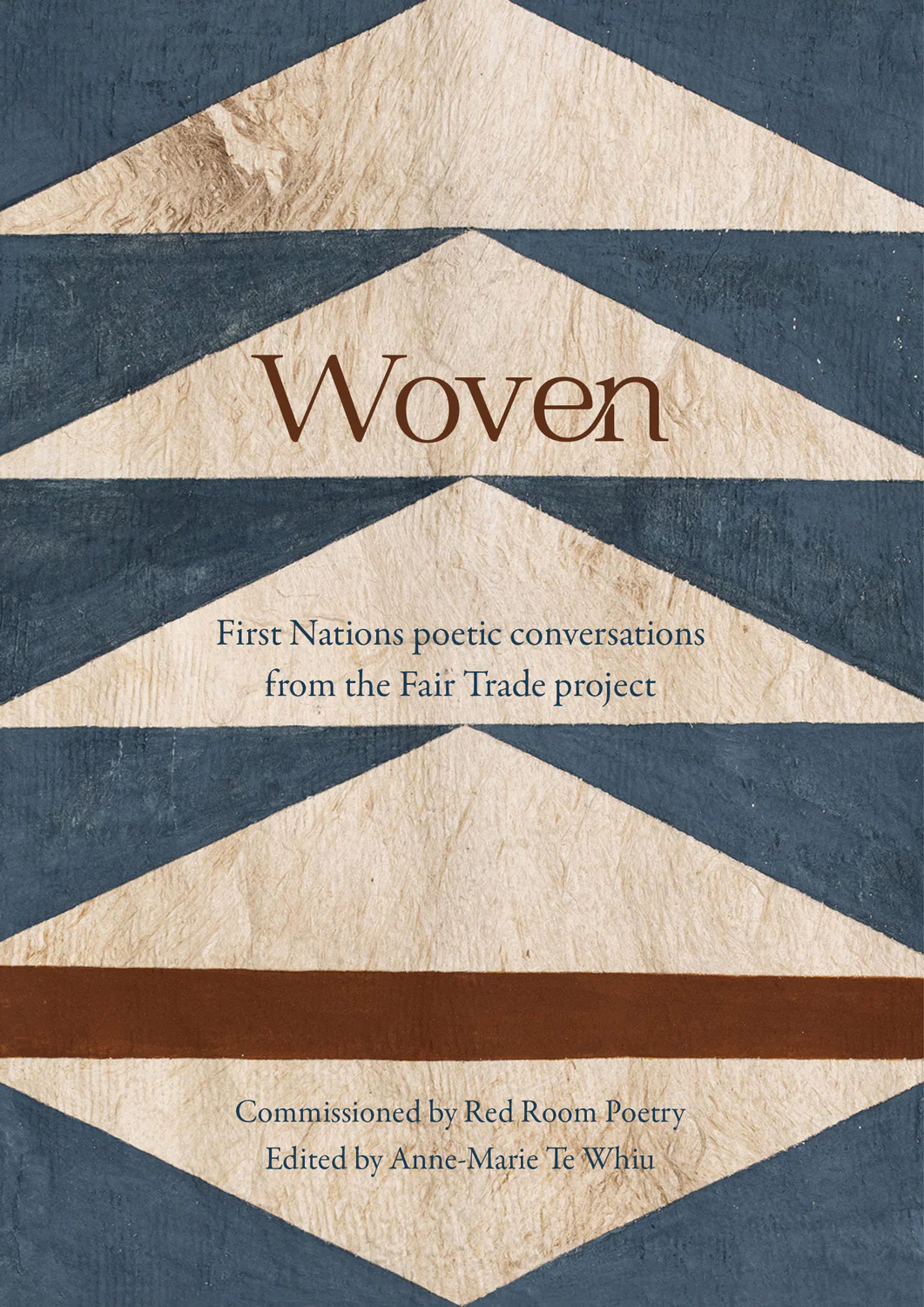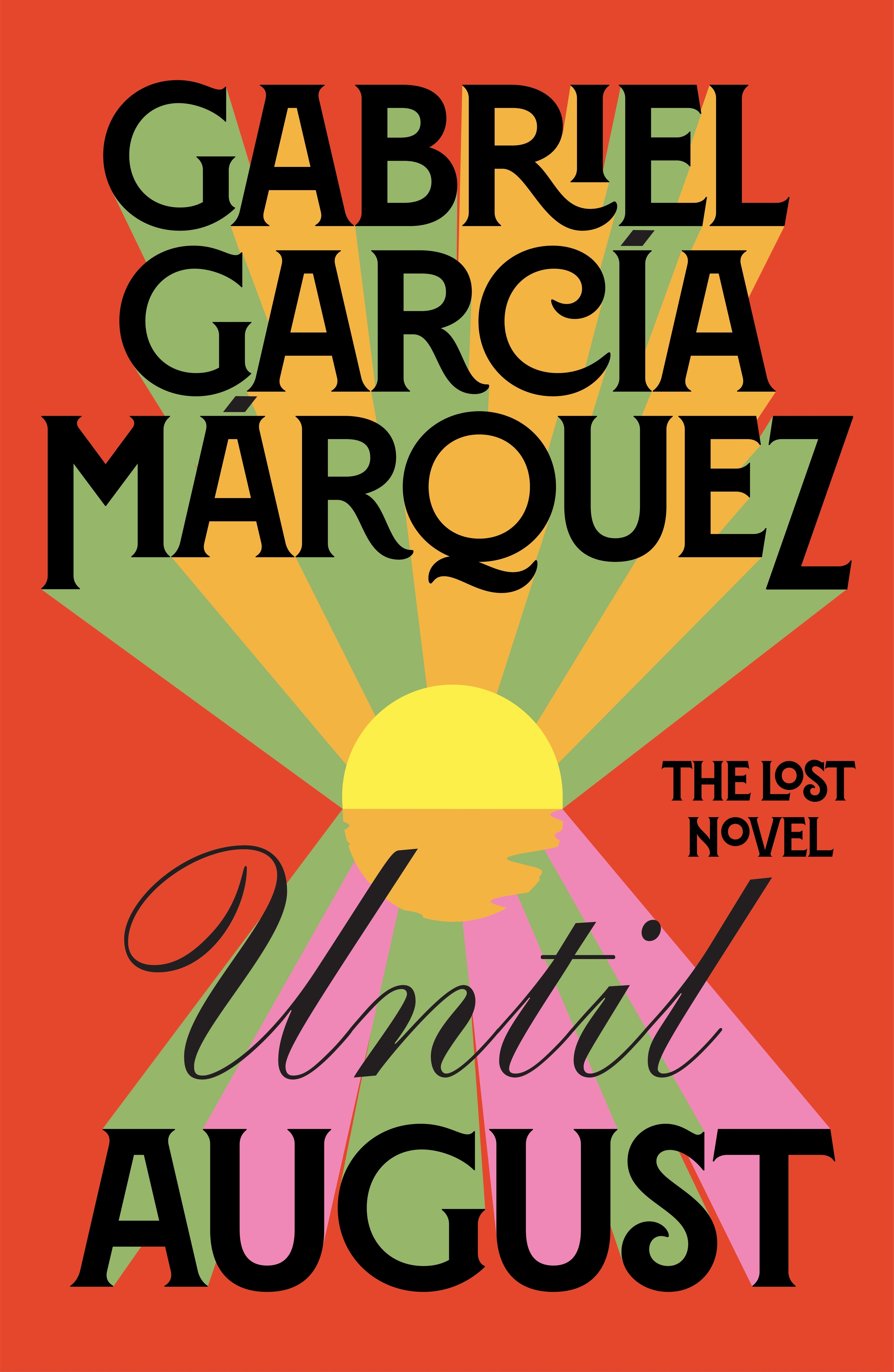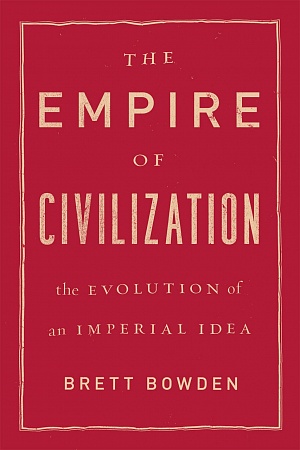Post-Colonial Transformation
Routledge, $50.60 pb, 249 pp
Post-Colonial Veranda
Those readers who were sympathetic to the arguments in The Empire Writes Back (1989) by Bill Ashcroft et al., will experience in Post-Colonial Transformation the pleasures of engaging with a reinvigorated friend. For others, like this reviewer, who found this influential earlier volume both theoretically and politically troublesome, Ashcroft’s new book will provoke familiar objections.
The Empire Writes Back quickly won scholarly fame and notoriety for its contentious take on the term ‘post-colonial’. Claiming ‘post-coloniality’ as the abstract existential condition of all cultures whose ‘subjectivity has been constituted in part by the subordinating power of European colonialism’, Ashcroft et al. suggested that white settler societies stood in the same relation to colonialism as those societies that had experienced the full economic and political brutality of colonial domination. Post-coloniality, they insisted, was the proper name for an aesthetic or literary style rather than for struggles for independence in the formerly colonised world.
Continue reading for only $10 per month. Subscribe and gain full access to Australian Book Review. Already a subscriber? Sign in. If you need assistance, feel free to contact us.










Leave a comment
If you are an ABR subscriber, you will need to sign in to post a comment.
If you have forgotten your sign in details, or if you receive an error message when trying to submit your comment, please email your comment (and the name of the article to which it relates) to ABR Comments. We will review your comment and, subject to approval, we will post it under your name.
Please note that all comments must be approved by ABR and comply with our Terms & Conditions.